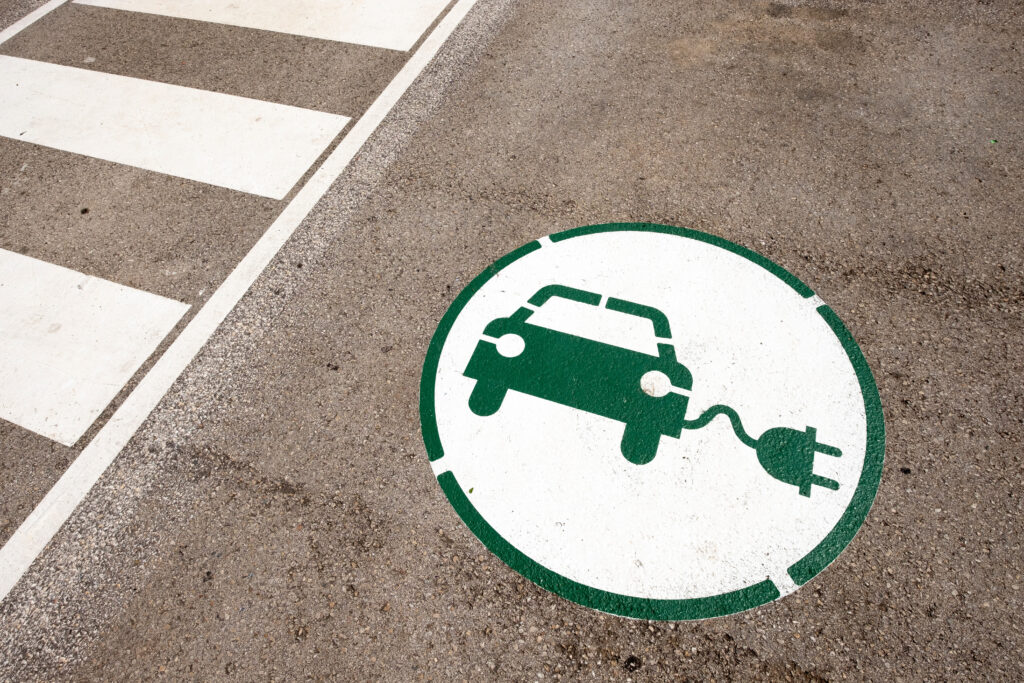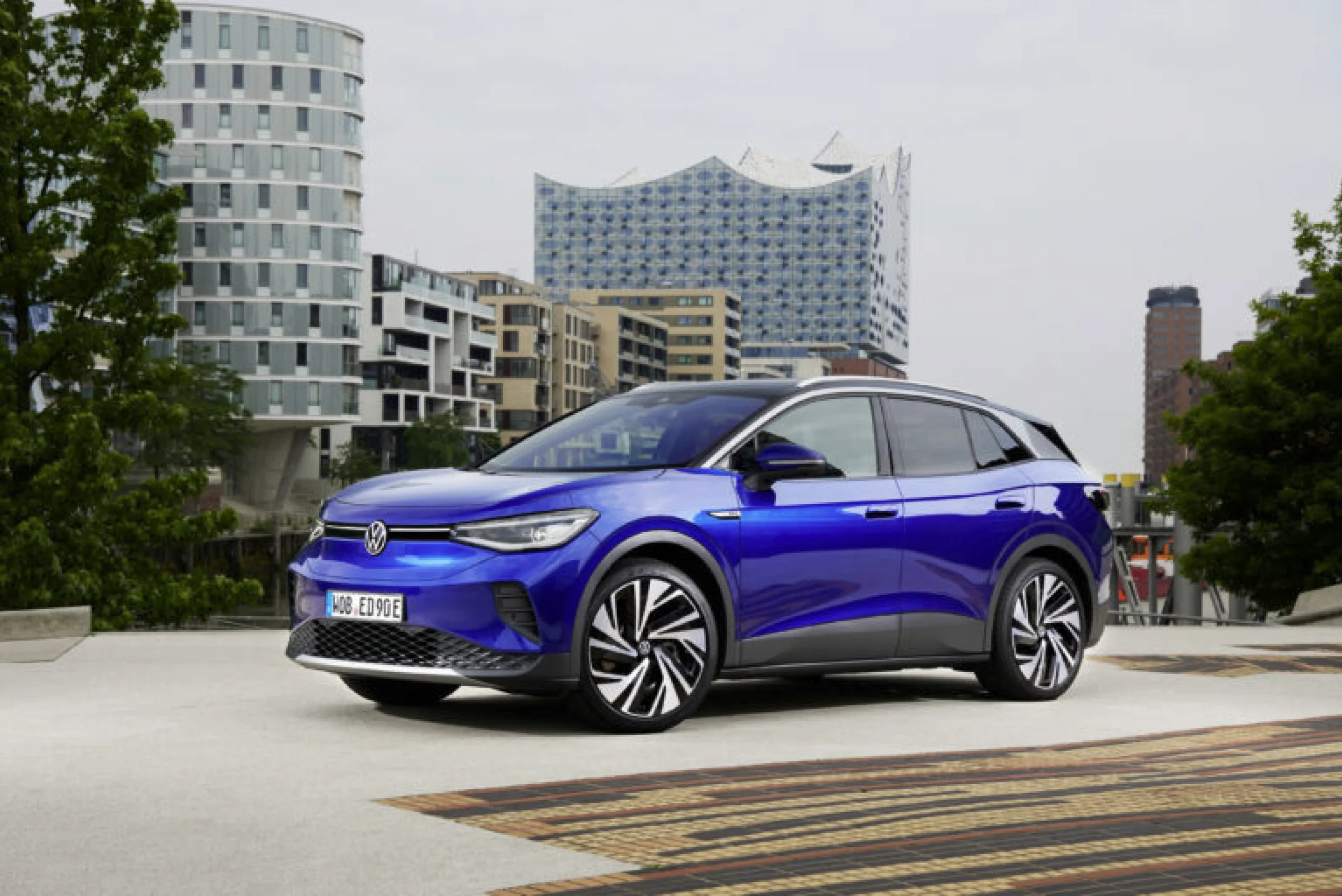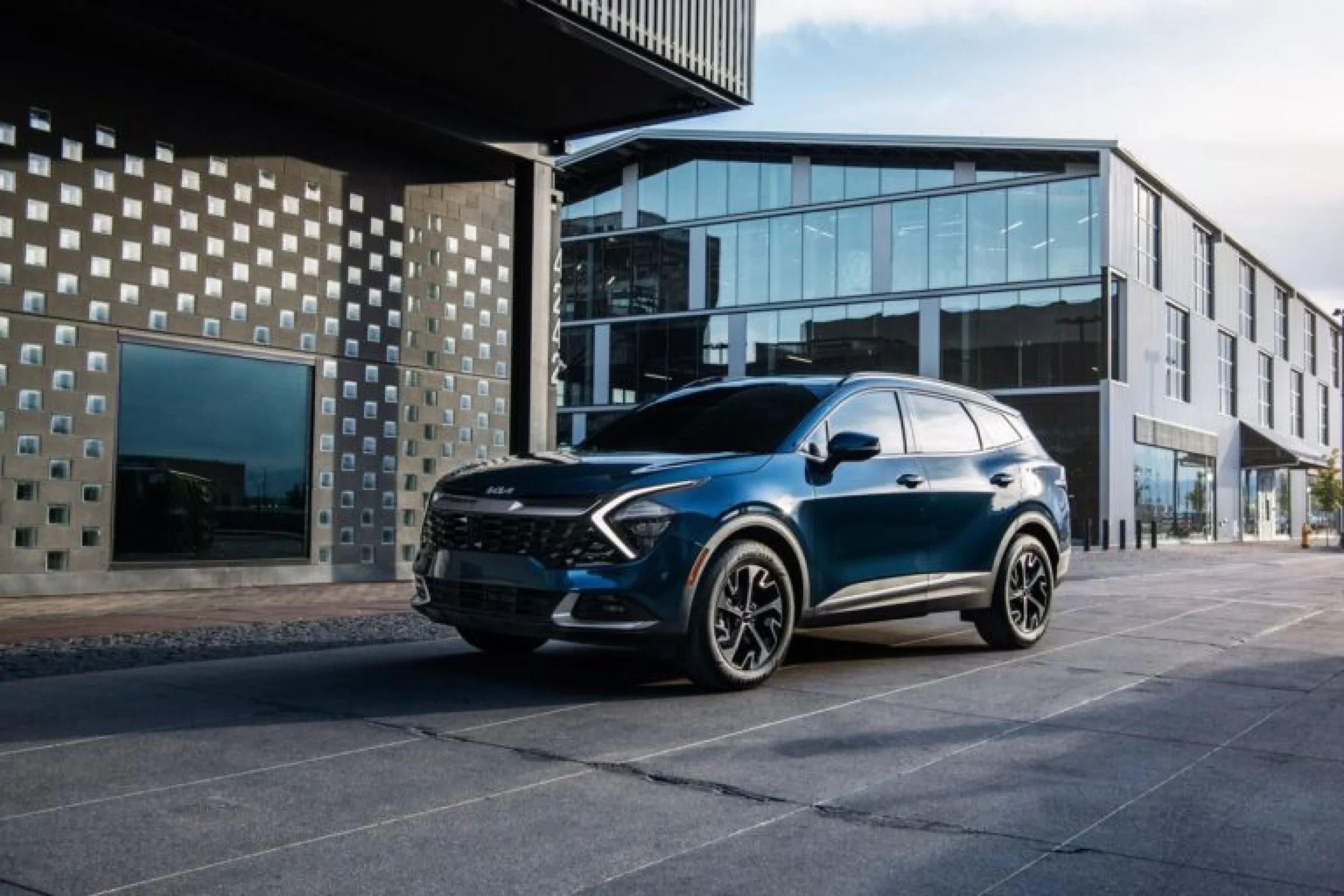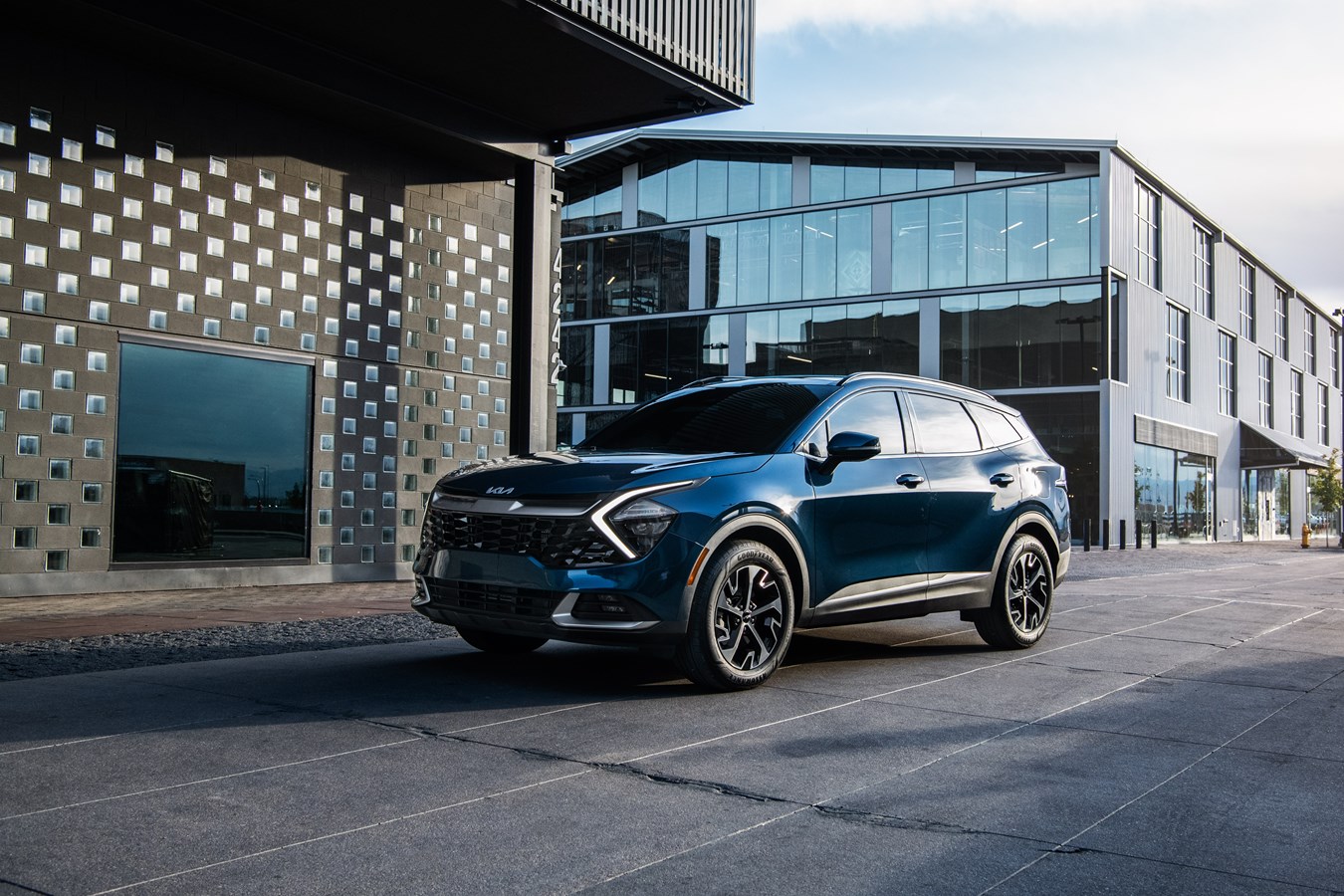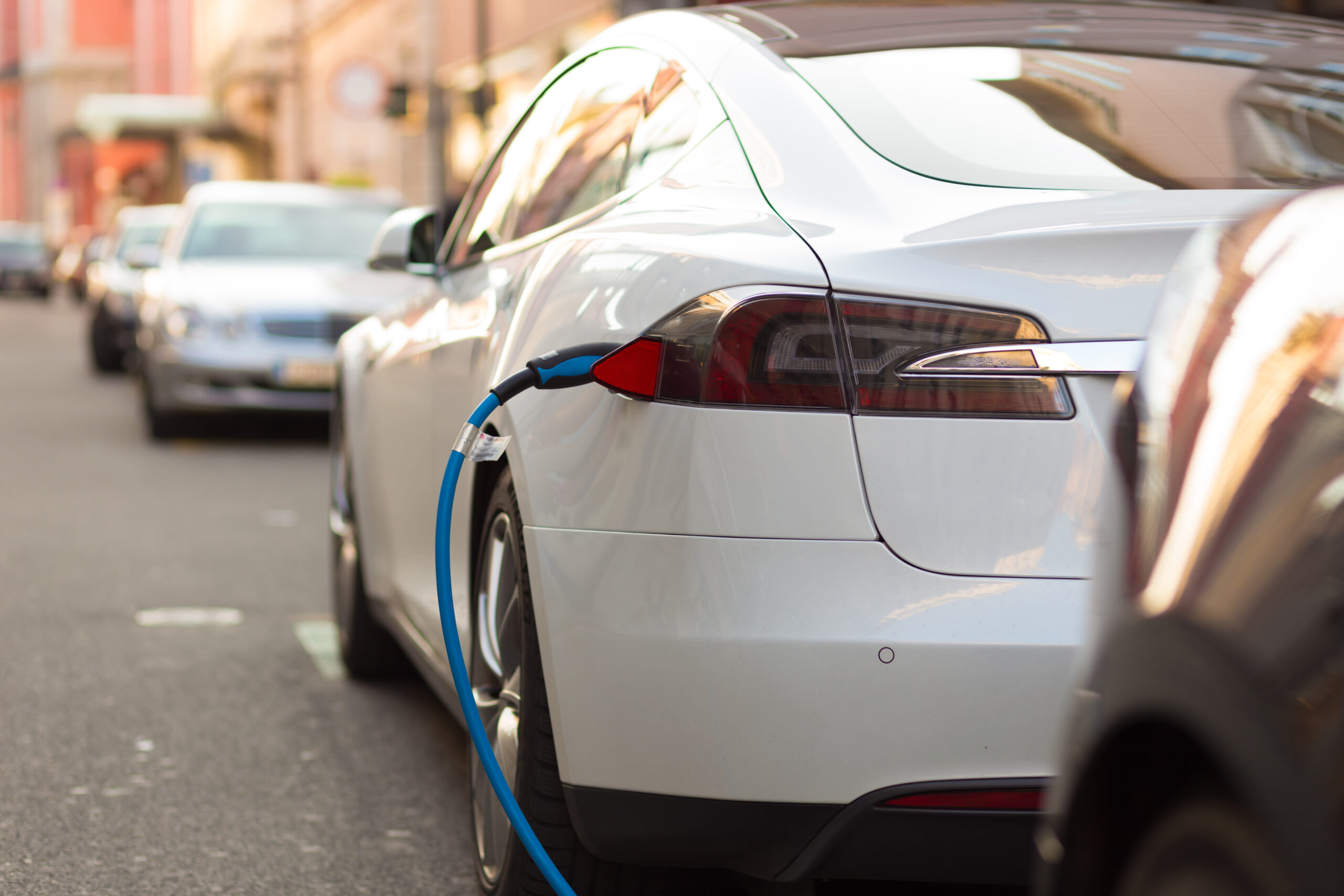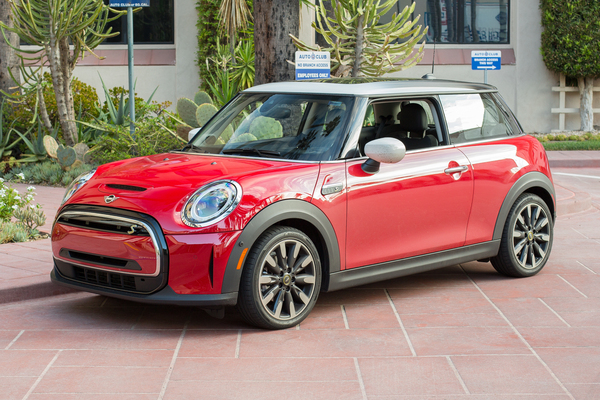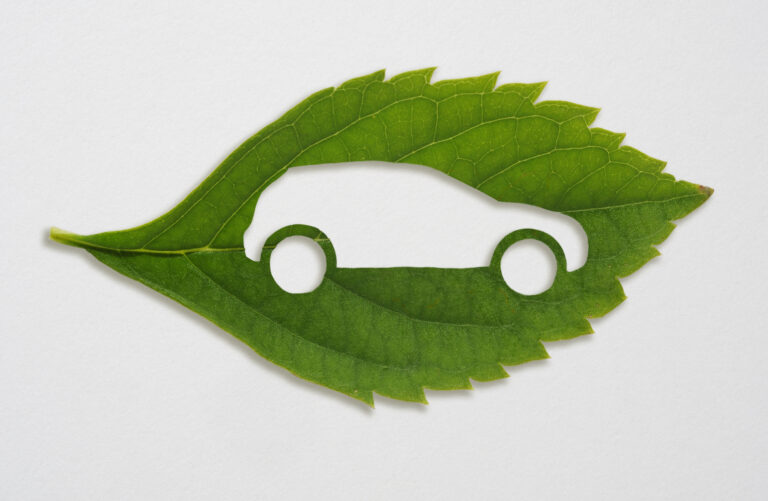
About 70% of Americans support the U.S. becoming carbon neutral by 2050, according to Pew Research Center. So, it’s no surprise that more consumers are interested in clean energy vehicles. Fully electric cars (battery electrics, or BEVs) are often presented as the standard for a greener future, but some are now arguing that hybrid electrics, not fully electric cars, are our best option for reducing carbon emissions as soon as possible.
To figure out the environmental impact of a vehicle, we have to consider not only the tailpipe emissions, but the cradle-to-grave emissions. That includes the environmental cost of fuel or electricity production, processing, distribution and use, as well as vehicle-cycle emissions associated with vehicle and battery manufacturing, recycling and disposal. That’s a lot to think about!
How do hybrids compare to electric cars once all of the environmental impacts are taken into account? Are hybrids a better choice for a greener future?
Toyota, the automaker behind many successful hybrid models, seems to think so. The company recently sent materials to its dealer network claiming hybrids are a more practical path to reducing carbon emissions. Toyota believes focusing on hybrid sales and production will lead to lower overall carbon emissions than manufacturing and selling battery electric vehicles. The heart of the argument centers on the carbon intensity of mining, processing and transporting the materials necessary for batteries.
Toyota says that the raw materials required for a single BEV would be better used to make many more, and more affordable, hybrids. They claim the materials for one battery electric can make up to six plug-in hybrids, like the Chevy Volt or Prius Prime, or 90 conventional hybrids, such as the original Prius.
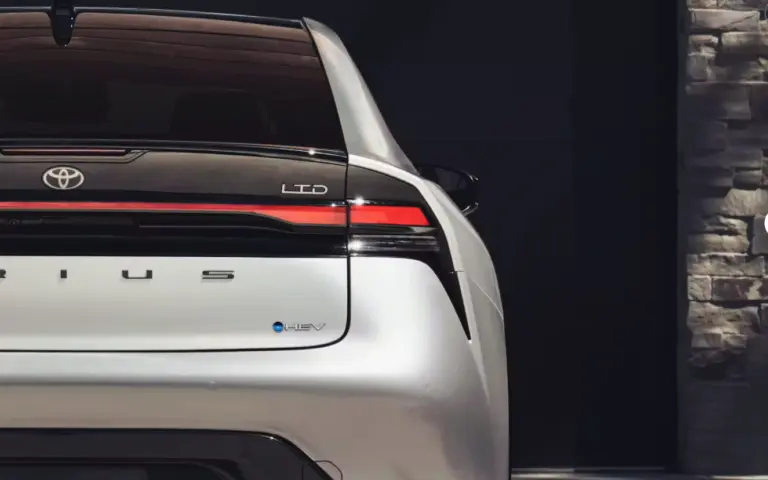
There is some support for this claim. Battery production is a resource intensive process that has a big environmental impact. It is not yet as efficient and streamlined as it could – and must – become. EV batteries use critical minerals that must be mined and processed, then transported around the world to manufacturing sites.
The U.S. is working on localizing the supply chain, opening domestic plants, production factories and battery recycling, but those efforts are still in progress. In the meantime, if people keep buying gas cars, carbon emissions will continue to climb. Toyota argues that it is more feasible and quicker to get today’s internal combustion engine drivers into hybrids, potentially reducing emissions by 34%.
Another part of Toyota’s argument focuses on public perception of EVs. Toyota thinks consumers today are more comfortable switching from a gas car to a hybrid. Their goal is to get customers into any lower carbon vehicle, reducing carbon emissions immediately, even if not entirely.
While Toyota acknowledges EVs are an important part of their goal to become carbon neutral by 2050, the company believes in a mixed market future. The automaker is a global company and different regions are adopting EVs at different rates. Reliable charging infrastructure is still a work in progress across the US, and some areas completely lack the infrastructure to support electric cars.
As Cooper Ericksen, a senior vice president at Toyota Motor North America, said, they’re “taking a pragmatic approach.” Some, like drivers who live in apartments, worry they won’t be able to charge their cars at home, while others have range anxiety or concerns about charging speed. With gasoline hybrids, drivers don’t need to change their habits much at all, and they can still feel good about reducing their carbon footprint.
The complicating factor is that hybrids are effective only as a transitional technology. If it’s a choice between a conventional gas car and a hybrid, the hybrid is a better option. That doesn’t mean it’s the best option.
In order to mitigate the effects of climate change, carbon emissions from all human activity must be close to zero by 2050. And, when it comes to emissions, battery electric vehicles outperform hybrids in 91%-94% of all U.S. counties. Even taking into account upstream and vehicle manufacturing emissions, it takes less than two years for EVs to outperform gas cars. Using the national average of 13,500 miles driven per year, EVs outperform hybrids in about three years. The idea that BEVs are somehow worse for the environment than hybrids is largely unfounded.
All of this is why Toyota is getting pushback from environmental groups. Climate advocates want all new cars to be zero-emissions as soon as possible. Building and selling hybrids that rely on gasoline could delay, or worse, actively hinder the necessary transition to all-electric. The money, engineering, and time currently being spent on hybrids would be better served by building and improving electric vehicles, including increasing efficiency so that fewer battery materials are required for each one. “The fact is: a hybrid today is not green technology,” said Katherine Garcia, director of the Sierra Club’s Clean Transportation for All campaign.
Transportation is the largest source of greenhouse gas emissions in the U.S. and decarbonization goals will also help save 110,000 lives
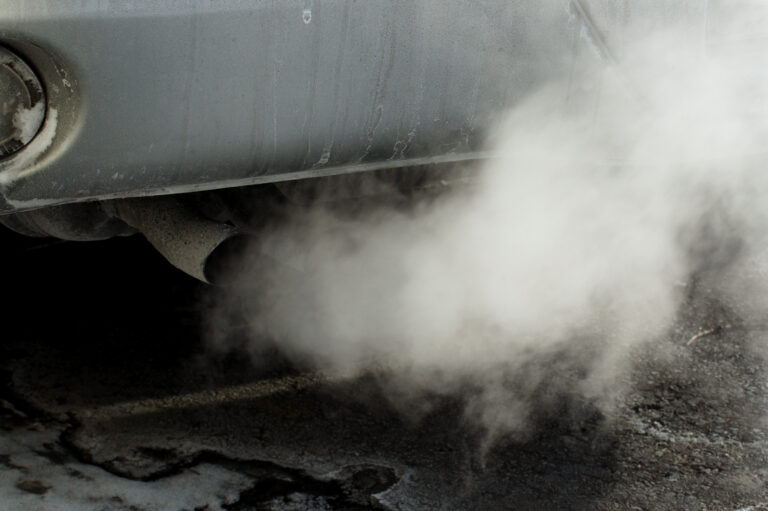
Air pollution from gasoline powered cars contributes to over 100,000 premature deaths every year.
The debate over the environmental impact of hybrids vs. BEVs is being fueled by politicians and automakers like Toyota. Battery electric vehicles are the best choice for the environment. But, if you’re a driver who cannot make the switch to all-electric, due to charging infrastructure, your living situation or other reasons, Toyota is not totally wrong: any reduction in carbon emissions is a step in the right direction. If the choice is a gas car vs. a hybrid, don’t feel guilty about choosing the hybrid.
While the most benefit comes from an all-electric, and a used one at that, a hybrid is still a better choice than an internal combustion engine.
Visit Recurrent to learn more about electric vehicle battery health.
This article is originally researched and written by the team at Recurrent.
AAA’s Recommendation: Whether you own an electric vehicle or a gas-powered car is up to you – and you should consider lots of factors in making that choice. No matter what type of vehicle you’re choosing, we recommend visiting a dealership, test driving one, and asking as many questions as possible to make an informed decision.

